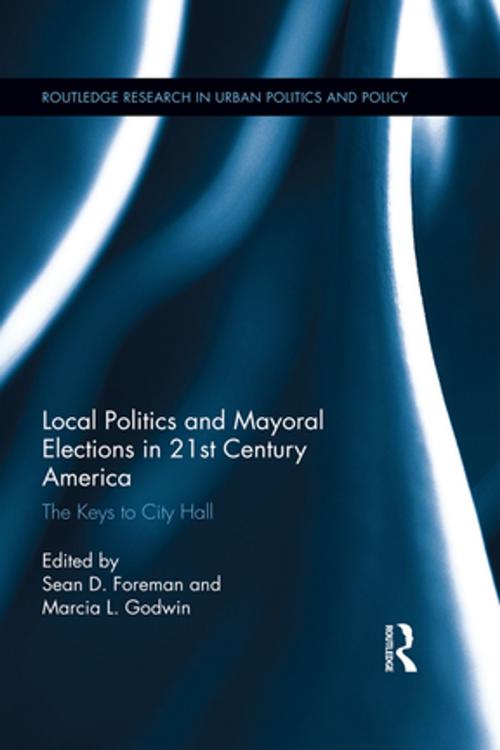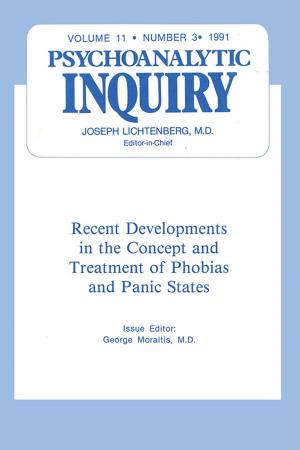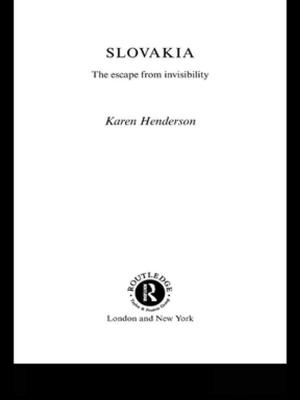Local Politics and Mayoral Elections in 21st Century America
The Keys to City Hall
Nonfiction, Social & Cultural Studies, Political Science, Government, Local Government, Public Policy| Author: | ISBN: | 9781317578925 | |
| Publisher: | Taylor and Francis | Publication: | November 20, 2014 |
| Imprint: | Routledge | Language: | English |
| Author: | |
| ISBN: | 9781317578925 |
| Publisher: | Taylor and Francis |
| Publication: | November 20, 2014 |
| Imprint: | Routledge |
| Language: | English |
Some of the most populated and storied American cities had mayoral elections in 2013. Open contests in New York City, Los Angeles and Boston, for example, offer laboratories to examine electoral trends in urban politics. Cities are facing varied predicaments. Boston was rocked by the bombing of the marathon on April 15. Detroit is roiled by being the largest U.S. city to declare bankruptcy, and Chicago, which had an open, competitive election in 2011, is dealing with significant gun violence. San Diego’s mayor resigned in August 2013 due to sexual harassment charges and other mayors are surrounded by corruption scandals. Houston and St. Louis had non-competitive elections recently but their mayors are notable for their tenure in office and emphasis will be on public policy outcomes in those cases. Leaders in most cities face dramatic changes and challenges due to economic and social realities.
The Keys to City Hall offers a complete and succinct review and analysis of the top mayoral campaigns in major American cities in recent years as well as the politics and public policy management of those urban areas. Emerging theories of urban governance, demographic changes, and economic conditions are examined in introductory chapters; the introduction will provide a unique and comprehensive focus on major trends in advertisement, changes in campaign strategies, fundraising, and the use of social media at the local level. In Part Two, scholars with expertise in local politics, urban public policy, and the governance explore some of the largest and most noteworthy U.S. cities, each of which has a recent, competitive mayoral election. They will also provide updated data on mayoral powers and problems faced by local executives.
Written as lively narratives in a highly readable style, this book advances theory on urban politics by reviewing developments in the field and aligning theoretical approaches with realities on the ground based on the most recent elections and governance structures. As such, it will be a much needed resource to scholars interested in local politics, and the public policy debates of specific major urban and metropolitan areas.
Some of the most populated and storied American cities had mayoral elections in 2013. Open contests in New York City, Los Angeles and Boston, for example, offer laboratories to examine electoral trends in urban politics. Cities are facing varied predicaments. Boston was rocked by the bombing of the marathon on April 15. Detroit is roiled by being the largest U.S. city to declare bankruptcy, and Chicago, which had an open, competitive election in 2011, is dealing with significant gun violence. San Diego’s mayor resigned in August 2013 due to sexual harassment charges and other mayors are surrounded by corruption scandals. Houston and St. Louis had non-competitive elections recently but their mayors are notable for their tenure in office and emphasis will be on public policy outcomes in those cases. Leaders in most cities face dramatic changes and challenges due to economic and social realities.
The Keys to City Hall offers a complete and succinct review and analysis of the top mayoral campaigns in major American cities in recent years as well as the politics and public policy management of those urban areas. Emerging theories of urban governance, demographic changes, and economic conditions are examined in introductory chapters; the introduction will provide a unique and comprehensive focus on major trends in advertisement, changes in campaign strategies, fundraising, and the use of social media at the local level. In Part Two, scholars with expertise in local politics, urban public policy, and the governance explore some of the largest and most noteworthy U.S. cities, each of which has a recent, competitive mayoral election. They will also provide updated data on mayoral powers and problems faced by local executives.
Written as lively narratives in a highly readable style, this book advances theory on urban politics by reviewing developments in the field and aligning theoretical approaches with realities on the ground based on the most recent elections and governance structures. As such, it will be a much needed resource to scholars interested in local politics, and the public policy debates of specific major urban and metropolitan areas.















